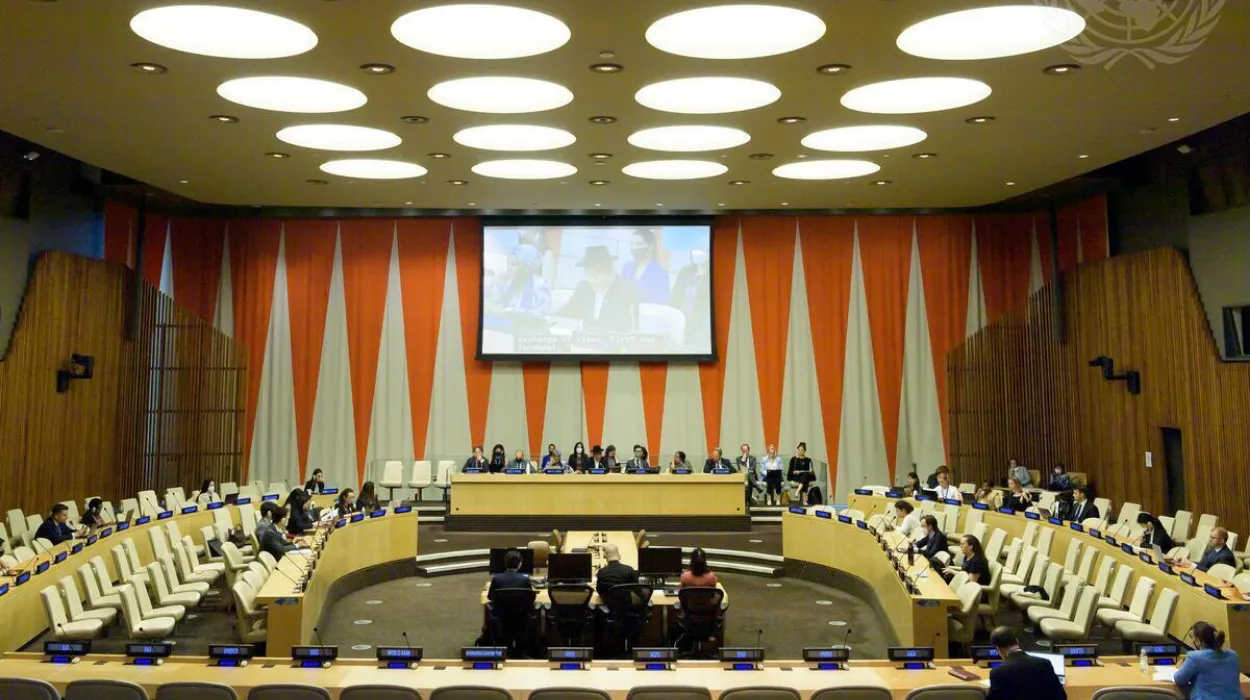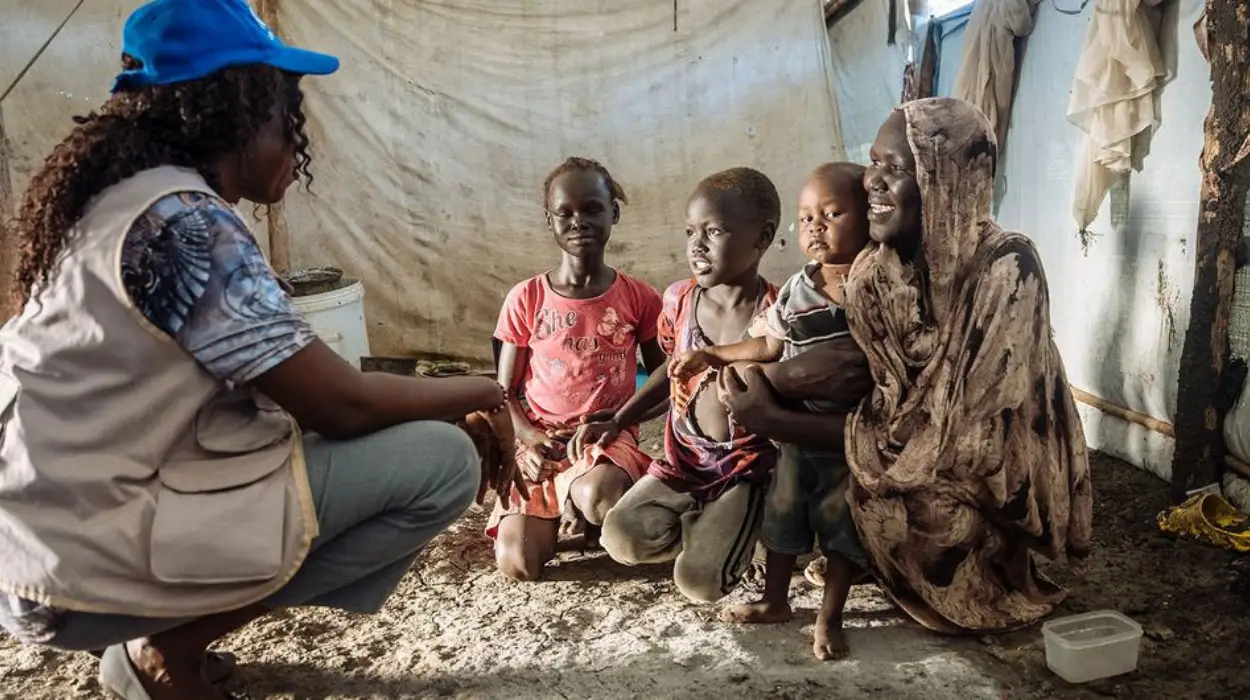Via a network of NGOs, the wealthy American Michael Bloomberg is supporting the South African fight for a higher sugar tax by funding the non-governmental organization Heala. The millionaire is using his power to influence South Africa’s food and tax policies from thousands of miles away, posing as concerned South Africans, years after colonialism ended. Heala has made large investments in creating “Chew on This” hour-long professional TV webisodes and daily social media campaigns advocating for stricter food labeling laws that would require most items to be repackaged and increased sugar charges. Joan Van Dyk, an independent health journalist who was featured extensively in one of these webisodes, has recently written an article for the Daily Maverick supporting the sugar tax. She denies independent research that found employment losses after the adoption of the sugar tax, criticizes the sugarcane farming industry without showing any consideration for their viewpoint, and claims that the sugar tax is required because of hunger. Surprisingly, though, she agrees with the sugarcane industry’s assertion that the sugar tax is ineffective.
The intended goals of the sugar tax
More precisely, there is no proof that it has resulted in a healthier populace, a decrease in obesity, or a decrease in diabetes rates. Van Dyk contends that the sugar tax needs to be raised in spite of this. In essence, she advises double it if it doesn’t work. Any sensible decision-making process would not wish to include this kind of reasoning. However, blaming sugary drinks alone is too simplistic; Van Dyk and many other sugar tax proponents fail to recognize the complexities of obesity. Van Dyk even mentions in her own piece that bad diets, which are frequently associated with poverty, cause obesity. In order to properly understand the numerous elements contributing to ill health, the government agreed to conduct a nutrient intake study during negotiations with industry and the government over the sugar tax. This study would measure every aspect of a representative sample of South Africans’ diets. It’s unclear how raising the levy on sugar-sweetened beverages will address diabetes, which van Dyk says urgently needs attention as a major killer in South Africa, without knowing what the average person eats.
Why the sugar tax fails to reduce sugar consumption
Van Dyk goes on to say that diabetes and stroke account for three of every four fatalities in South Africa. This complicates matters, though, because diabetes and stroke are two different conditions. Additionally, they are caused by a number of factors, including stress, smoking, drug abuse, high alcohol consumption, lack of exercise, weight gain, high fat consumption, genetic factors, diets heavy in processed foods and red meat, excessive intake of refined carbohydrates, and a lack of vegetables, fiber, fruit, and legumes. This is especially true in a society as difficult as South Africa. It is at best illogical and at worst absurd to utilize two medical diseases and the underlying causes of death to support a sugar tax. If only raising taxes on one item, sugary-sweetened beverages could solve serious health problems. Although the sugar tax or health promotion fee is not a panacea for complicated health problems, it does have a known cost: it eliminates jobs in a nation that desperately needs jobs. Van Dyk dismisses the Nedlac report, which revealed that the sugar tax resulted in 16,000 job losses in its first year, in her criticism of the sector. Although it’s unclear how a study that covers the first year of job losses could be considered “outdated,” she calls the study “controversial” and “outdated.” It is illogical to just call it “dubious” without providing a convincing justification.
Job losses in the beverage industry
Van Dyk reiterates the arguments made by proponents of the sugar tax that the levy did not lead to any employment losses. Although agriculture as a whole supports over 900,000 direct employment yearly, including temporary seasonal roles, she cites an unpublished study by Wits Research Institute Priceless that utilizes wide agricultural data over several years to demonstrate that jobs tied to sugar were unaffected. However, work in industries as diverse as beef, citrus, grapes, maize, seed oils, olives, apples, vegetables, lamb, pork, poultry, and dairy is not included in the sugarcane industry, which is concentrated in just two of South Africa’s nine provinces. The study’s conclusions are still dubious if this agricultural job data isn’t broken down to concentrate only on the sugar industry. The industry will also keep criticizing the idea of using employment data from the entire agricultural sector to make inferences about jobs associated with a single crop. The sector maintains that the sugar levy caused 16,000 job losses in its first year, according to an independent Nedlac analysis. In addition, since the tax, two sugar mills have been shut down.









